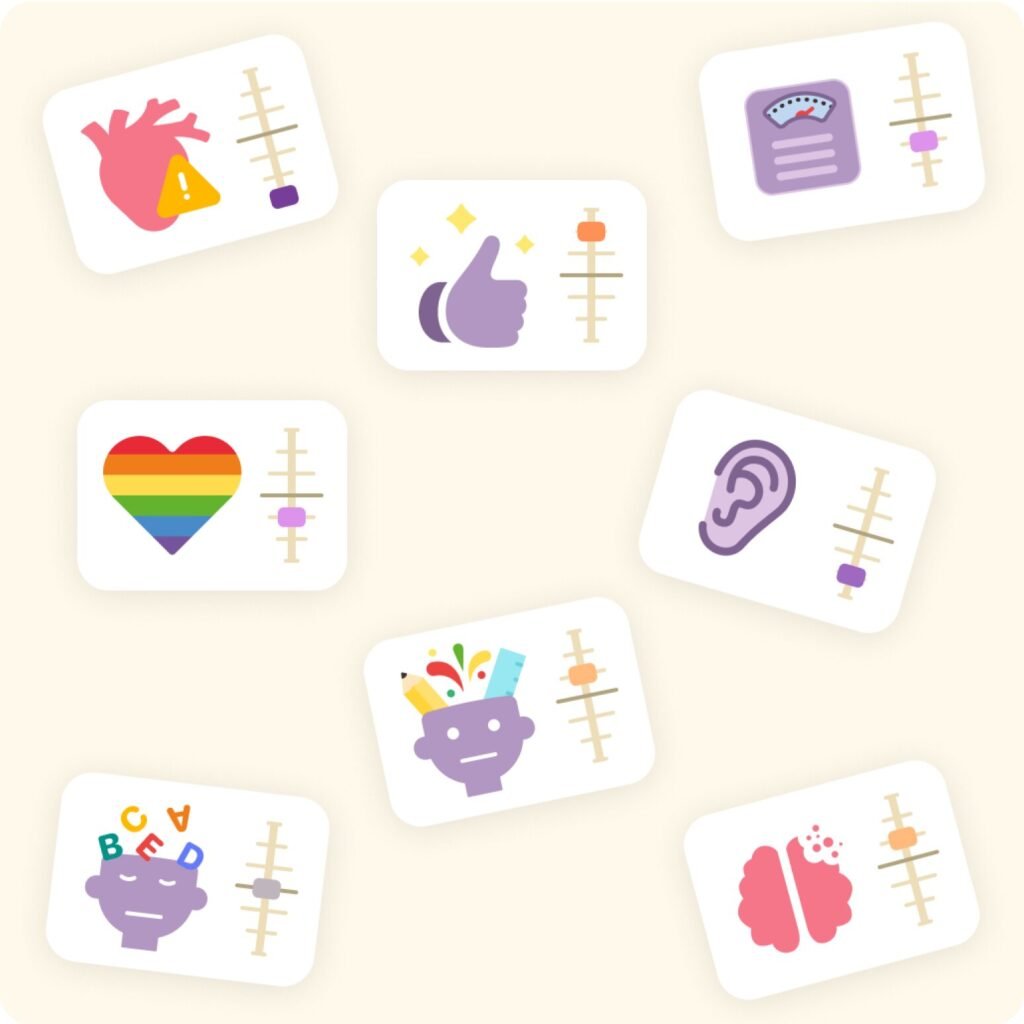Embryo selection during in vitro fertilization (IVF) is a complex process that involves considering various factors such as genetic traits and health conditions. Tinker Tots is a citizen science project that aims to explore the ethical dilemmas surrounding embryo selection, offering participants an interactive and thought-provoking experience.
The project, developed by researchers from the University of Oxford, University of Exeter, and the National University of Singapore Yong Loo Lin School of Medicine, presents participants with hypothetical embryo selection scenarios. Each embryo has a unique genetic profile with different probabilities of developing certain traits or medical conditions. By making decisions in these scenarios, participants help researchers understand how individuals prioritize different traits and values when faced with such choices.
According to Prof. Julian Savulescu, a Principal Investigator of the project, Tinker Tots delves into what people perceive as valuable in life and what they prioritize when considering their offspring. The study aims to inform medical research, reproductive regulation, and the decision-making process involved in bringing a child into the world.
The Tinker Tots platform allows users to navigate through rounds of embryo selection dilemmas, compare genetic probabilities, reflect on their values, and contribute to ongoing research. By engaging with the project, participants gain insights into their decision-making patterns and preferences, while also contributing to a deeper understanding of how people interpret genetic information and make ethical trade-offs.
Tinker Tots is part of the ANTITHESES Discovery Research Platform for Transformative Inclusivity in Ethics and Humanities Research, providing a valuable opportunity for individuals to engage with important ethical questions in a thought-provoking and accessible manner.
Overall, Tinker Tots offers a unique and engaging experience for individuals to explore the complexities of embryo selection and the ethical considerations involved in making such decisions. By participating in this citizen science project, users contribute to valuable research while gaining insights into their own values and decision-making processes.


